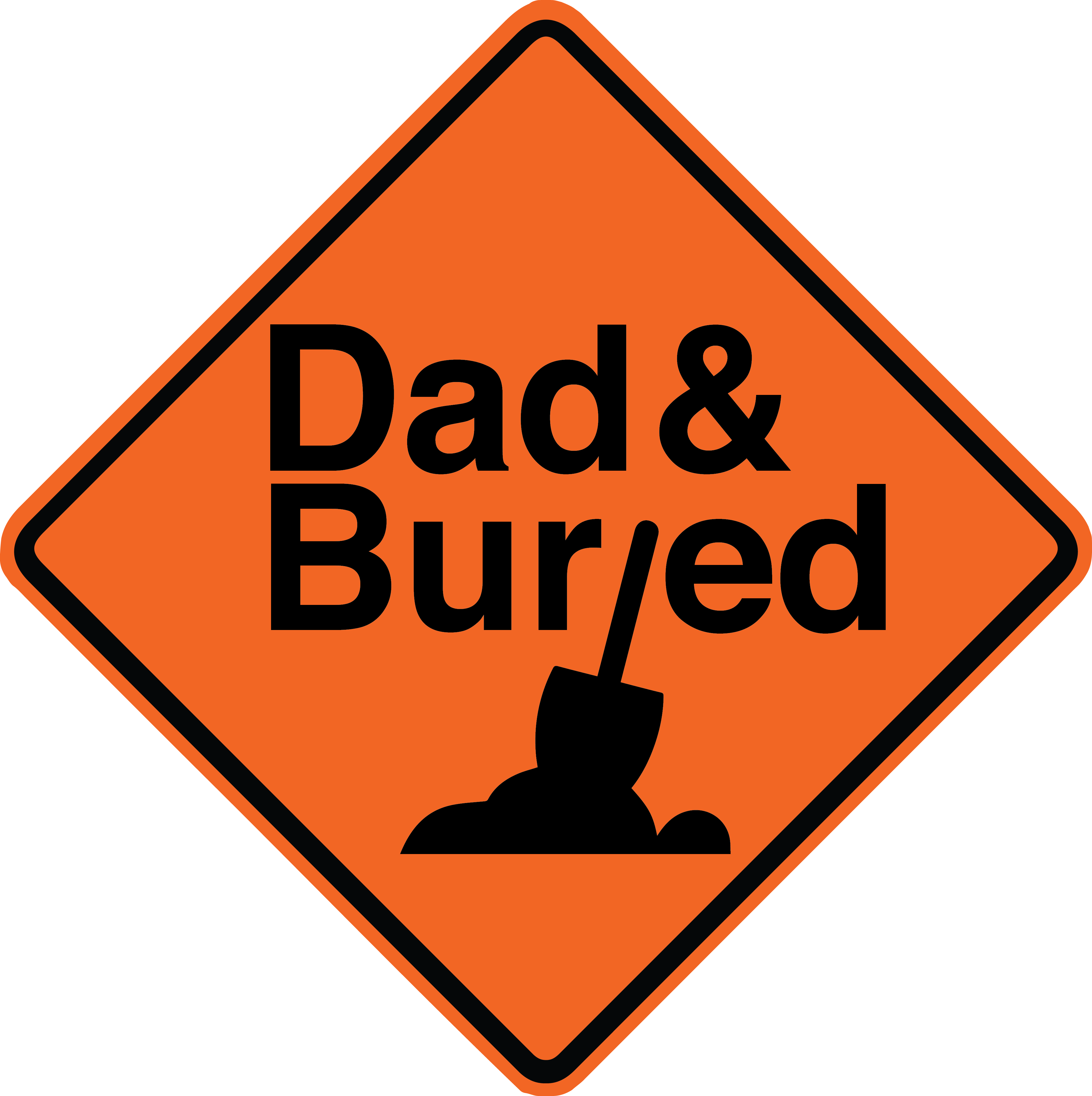My oldest son is 8 years old, smart as a whip, sensitive like his mom and a smart-ass like his dad. He’s imaginative and excitable, he loves to read and play video games, and he hates sports.
He also has trouble focusing and sitting still, and he often has out-sized emotional reactions to minor incidents.
After years of being frustrated by what I considered his immaturity and spoiled entitlement, I now know that much of his most challenging behavior is a manifestation of his ADHD.
 I also know that it’s not my son’s fault that his brain works differently, and that it’s my responsibility to help him figure out how to manage his symptoms so that it doesn’t negatively impact it.
I also know that it’s not my son’s fault that his brain works differently, and that it’s my responsibility to help him figure out how to manage his symptoms so that it doesn’t negatively impact it.
For some time now, Mom and Buried and I have suspected that Detective Munch may have Attention Deficit Hyperactivity Disorder, but it was only recently that he received an official diagnosis (shout out to the Healthy Brain Network!). It was eye-opening.
I used to be one of those people who scoffed at the idea of ADHD. I used to think it was a crutch for parents who were rationalizing their kids’ worst behavior and seeking pharmaceutical shortcuts to solve it. I can’t speak for every family, but I don’t believe that anymore.
Before we went through the lengthy diagnostic process, complete with brain scans and cognitive testing and psychological questionnaires, I thought ADHD was all about hyperactivity, frequently fidgeting, and having a slippery attention span. I had no idea that there was an emotional component as well, and I’m ashamed to learn that I had been misunderstanding my son’s impulsiveness and trouble self-regulating. I was blaming him for things beyond his control, and my ignorant attempts to fix his behavior by scolding him probably made it worse.
In that way, his ADHD diagnosis is a relief. It’s a relief to know there’s a reason for some of the most frustrating aspects of his behavior (and that he’s not just emulating my most obnoxious behavior!). There’s also hope that through learning more about the disorder, and about the way my son’s brain works – how he learns, how he processes things, how he reacts – we can find ways to navigate it and to help him overcome it. Both with and without medication.
People often confront me with the idea that my kids will be upset if they ever find my blog, but I have no anxiety about their ability to separate my clear love for them from my playful mockery. If I have any worries, they’re about violating their privacy, or somehow giving other people a negative impression of them. And that, ironically, is exactly why, after much hand-wringing, I chose to write about his ADHD.
There is nothing for Detective Munch to be ashamed about. It doesn’t change who he is as a person; it doesn’t mean he’s not the curious, passionate, loving little boy we’ve known for eight years. It just provides a new set of guidelines for helping him maximize his best traits and circumvent some of the hassles that living with ADHD brings.
There needn’t be a stigma attached to kids – or to adults – with ADHD or autism or any learning disabilities or emotional issues. These are simply differences in their brain chemistry that need to be handled with care and managed in such a way that they don’t subsume or suppress the characteristics that, combined, make our kids into the special, unique people they are.
 So we need to talk about this stuff, to each other and to our kids themselves, so they realize that their unique brains aren’t broken; they’re simply different. These differences needn’t be a burden, or a scarlet letter, and the more we discuss ADHD, the better we’ll understand how to best parent the kids who have it.
So we need to talk about this stuff, to each other and to our kids themselves, so they realize that their unique brains aren’t broken; they’re simply different. These differences needn’t be a burden, or a scarlet letter, and the more we discuss ADHD, the better we’ll understand how to best parent the kids who have it.
When I was a kid, there was one boy in my elementary school classmate who took Ritalin for what we now know as ADHD, and thanks to the still-present stigma, I still remember his name more than 30 years later. Nowadays, kids with ADHD are not so rare. I don’t know why; maybe more kids have it or maybe it’s just become easier to diagnose. (If you mention vaccines, I’ll block you.)
I don’t care, I just want to help my son. And part of helping him means making him understand that there is no shame in having ADHD. There’s just a little extra struggle.


Pingback: ADHD and Me - Dad and Buried
Pingback: Ten Years Gone - Dad and Buried